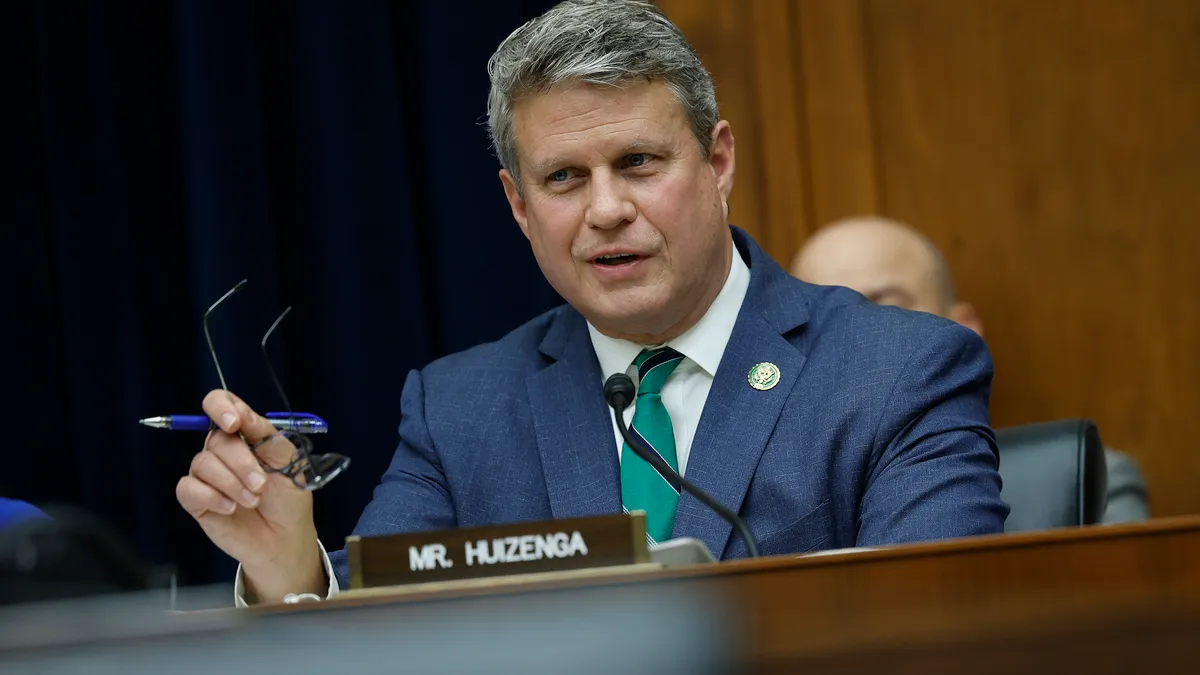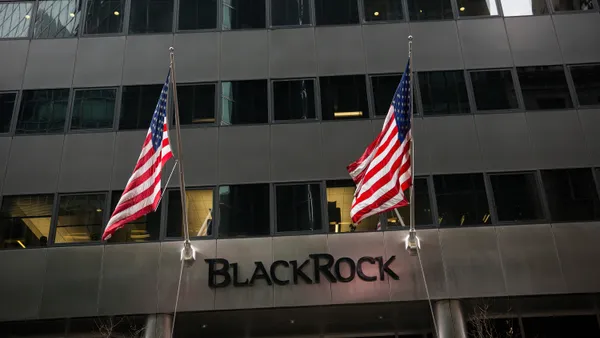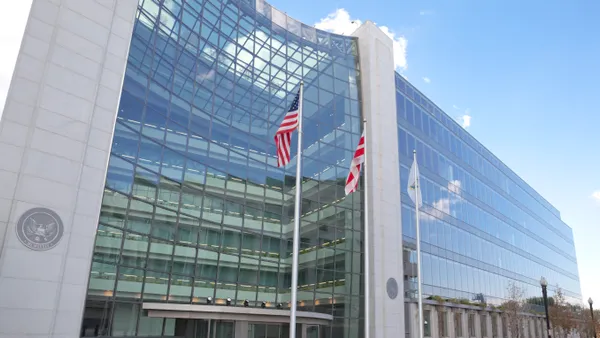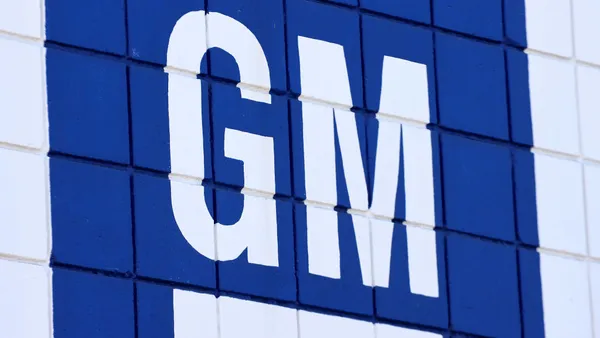Dive Brief:
- The House Financial Services Committee held a pair of hearings this week where the Republican majority repeatedly questioned whether the Securities and Exchange Commission had the authority to implement its climate disclosure rule, which it finalized March 6.
- The Oversight and Investigations Subcommittee first went on the road, with a field hearing Monday in Lebanon, Tennessee, before the Capital Markets Subcommittee followed with a hearing Wednesday at Capitol Hill in Washington, D.C.
- Questions about the SEC’s authority for climate disclosure rulemaking — temporarily paused pending a review after a challenge in the U.S. Fifth Circuit Court of Appeals — have been a common thread for its detractors, both at the hearing and otherwise. Witnesses in Tennessee also raised concerns over the potential compliance costs for companies.
Dive Insight:
While the SEC’s climate rule took nearly two years to go from a proposal to the final form that was adopted as the agency responded to over 24,000 public comments, both subcommittee majorities took aim at the agency’s rulemaking process. The now-on-hold rule eliminated proposed requirements to have public companies disclose scope 3 greenhouse gas emissions, a hotly-contested potential requirement, and limited scope 1 and scope 2 emissions reported to companies who are large accelerated filers and accelerated filers, with a phased-in timeline for assurance.
Republican committee members focused Monday’s field hearing on the rule’s potential harm to companies and heard testimonies from Whitney Hermandorfer, director of the strategic litigation unit in the Tennessee attorney general’s office; Alex Scott, a professor of supply chain management at Tennessee; and Renea Jones, co-owner of Unicoli County and Tennessee-based Jones & Church Farms, which ships its tomatoes internationally. Hermandorfer’s office is a member of a three-state lawsuit opposing the climate rule, along with the Ohio and Kentucky attorneys general.
Oversight and Subcommittee Chair Bill Huizenga, R-Mich., said at the hearing that the Fifth Circuit Court ruling “signals the SEC’s authority to develop, finalize, and implement a climate disclosure rule is in jeopardy.”
While Hermandorfer said the agency’s decision to remove scope 3 reporting was a “major win for this subcommittee and the many people who pushed back on scope 3, she said it still has “many legal flaws.” Among those, she said the rule violates the Major Questions Doctrine — an administrative law theory where courts presume that Congress does not delegate issues of major economic or political importance.
“The Commission's justification for its sweeping mandates preferences the wishes of ESG activists over Main Street investors who only want to know the information that is material to a company's bottom line,” Hermandorfer said.
Jon Powers, co-founder and president of renewable energy investment firm CleanCapital, pushed back against Hermandorfer’s assertion and told ESG Dive Monday that the rule is something “fossil fuel investors don’t want; this is definitely something that mainstream investors want.”
“Understanding the risks that climate change has on companies is actually good for operations,” Powers said.”It's actually helping to better manage these companies and understand the impacts that climate change is having on their operations.”
While Huizenga said both sides of the aisle were invited to Tennessee for the hearing, only five Republican committee members appeared. Wednesday’s Capital Markets Subcommittee hearing, which also featured a bevy of bills under consideration to increase Congressional oversight of the SEC, had attendees from both sides of the aisle looking for ways to update or implement changes to the agency’s oversight and regulatory processes.
Capital Markets Subcommittee Chair Ann Wagner, a Missouri Republican, also took aim at the pace at which the SEC has promulgated rules under Chair Gary Gensler, and said the agency has undertaken a “frenetic [and] partisan rulemaking agenda.”
“The SEC’s aggressive and burdensome regulatory approach reveals the urgent need for sensible reforms at an agency responsible for protecting investors, maintaining fair, orderly, and efficient markets, and facilitating capital formation,” Wagner said in her opening remarks.
The Fifth Circuit ruling comes from one of nine cases filed in six U.S. District Courts of Appeals being faced by the SEC over its rule, according to Bloomberg Law. The agency submitted paperwork earlier this week for a lottery to select a court venue to face the challenges.












